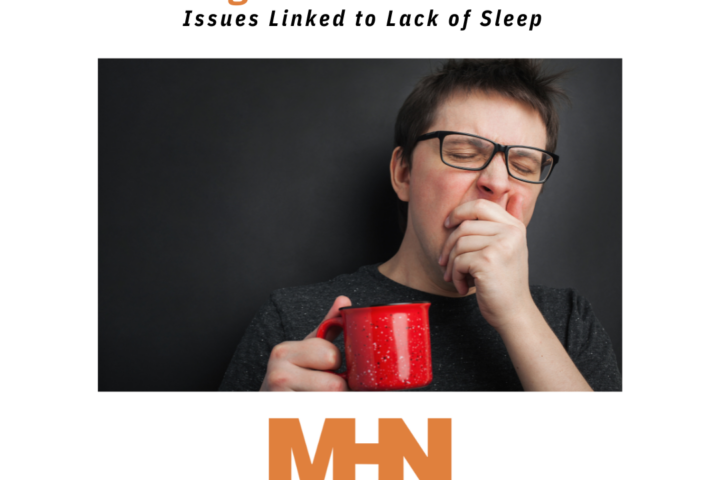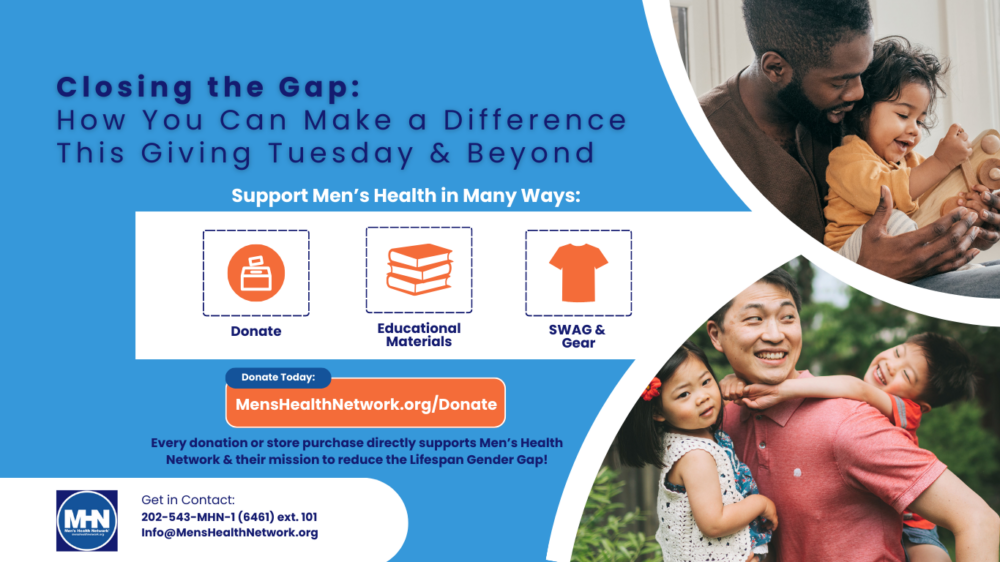 What do dental floss, a full head of hair, money, and tea have in common? Not much, except that they’re all linked to better health outcomes for men. Here’s a brief overview of some fascinating new research.
What do dental floss, a full head of hair, money, and tea have in common? Not much, except that they’re all linked to better health outcomes for men. Here’s a brief overview of some fascinating new research.
Some people won’t take care of themselves because they should. But according to new research, if you throw a little money their way, they just might do the right thing. Researchers divided about 100 obese people into three groups. One was weight monthly and was given access to online weight-management information. The second group also had access to the website, but were also offered $100/month for six months if they would meet their monthly weight-loss goals. The third group was further subdivided into teams of five (only the researchers knew who was on each team). They were promised $500 per month to be split evenly for every month the group met its weight-loss goals. Those in the group incentive group lost 7 lbs. more than those in the individual incentive group and 10 lbs. more than those in the info-only group.
Men with bleeding gums are twice as likely to suffer from erectile dysfunction (ED) than men with healthy gums. A study just published in the Journal of Sexual Medicine, found that when men suffer from gum disease, bacteria from their mouth can enter their bloodstream, where it can cause blood vessels and arteries to harden and narrow–just like with cardiovascular disease. That, in turn, can lead to ED. Researchers in Turkey tracked two groups of men–one with ED, the other without. Fifty-three percent of these with ED had severe gum disease; just 23 percent of those without ED had gum disease. The moral of the story? Brush and floss more.
We’ve talked before about how bald men have a higher risk of developing prostate cancer–not necessarily because they’re bald, but most likely because whatever is causing one is likely also causing the other. Similarly, researchers at the University of Tokyo studied more than 40,000 men and found that those who’d lost most of their hair were a third more likely to develop heart disease than their harrier brothers. Those who were losing their hair both in front and on top were twothirds more likely to have heart disease. The link between baldness and heart disease isn’t as clear as, say, the links between heart disease and diabetes, obesity, and smoking. But if you’re losing (or have already lost) your hair, it’s something to talk about with your healthcare provider.
Regular tea drinkers (meaning they had at least two cups of tea per day) were 37 percent less likely than non-tea drinkers to develop a prostate cancer tumor. And no, coffee doesn’t seem to provide the same protections. Another study of tea drinkers found that women who down just one cup per day reduce their ovarian cancer risk by 10 percent. Why? No one is exactly sure, but researchers speculate that polyphenols (disease-fighting chemicals found in tea) may prevent cancerous cells from invading otherwise healthy organs and tissues.




Comments are closed.